London Electric Vehicle Company (LEVC) has produced the 2500th example of its TX range-extender hybrid taxi, marking a significant production milestone for the firm.
Production of the low-emission model began in January 2018 at the company's purpose-built Coventry facility following a £500 million investment from Chinese parent company Geely, which took over the British firm in 2013. The factory has a production capacity of 36,000 units per year, and employs more than 1000 people.
LEVC claims the 2500 TX taxis produced so far have prevented 6800 tonnes of CO2 from entering the atmosphere, based on the emissions rating of the model’s diesel-powered predecessor, the LTI-produced TX4.
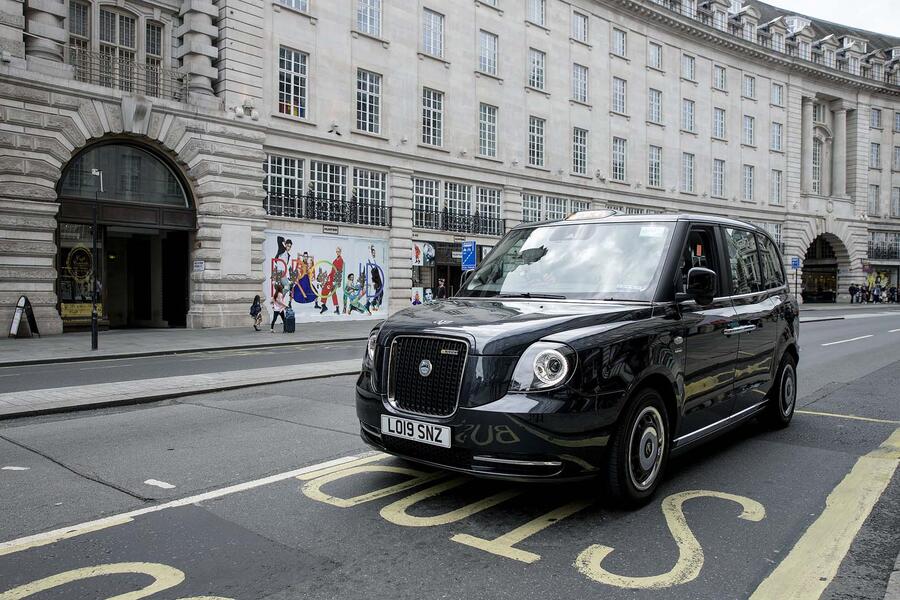
The company also says NOx emissions, regarded as the primary contributor to poor air quality, are down by 99.5% compared to the older model.
Over the 21 million miles covered collectively by the TX, it has used 850,000 litres less fuel than the TX4, saving its owners £3.85 million, or roughly £100 per week, in running costs.
The TX is sold in 20 UK cities so far, including Coventry, Manchester and Edinburgh, but London remains LEVC’s biggest market, with 2000 TXs in operation across the capital. The model is also available in Norway, Germany, Sweden, Hong Kong, Malaysia and the Netherlands.
LEVC’s CEO Joerg Hoffmann said: “When this project began in 2014, we set out to make the world’s most advanced taxi, to distil over 70 years of cab-building knowledge into an all-new leader in urban zero emissions mobility.
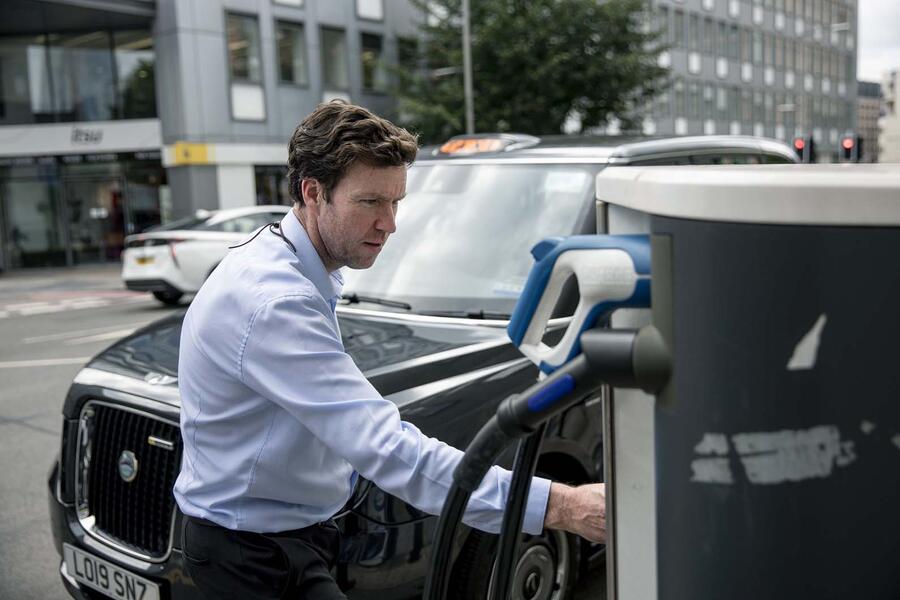



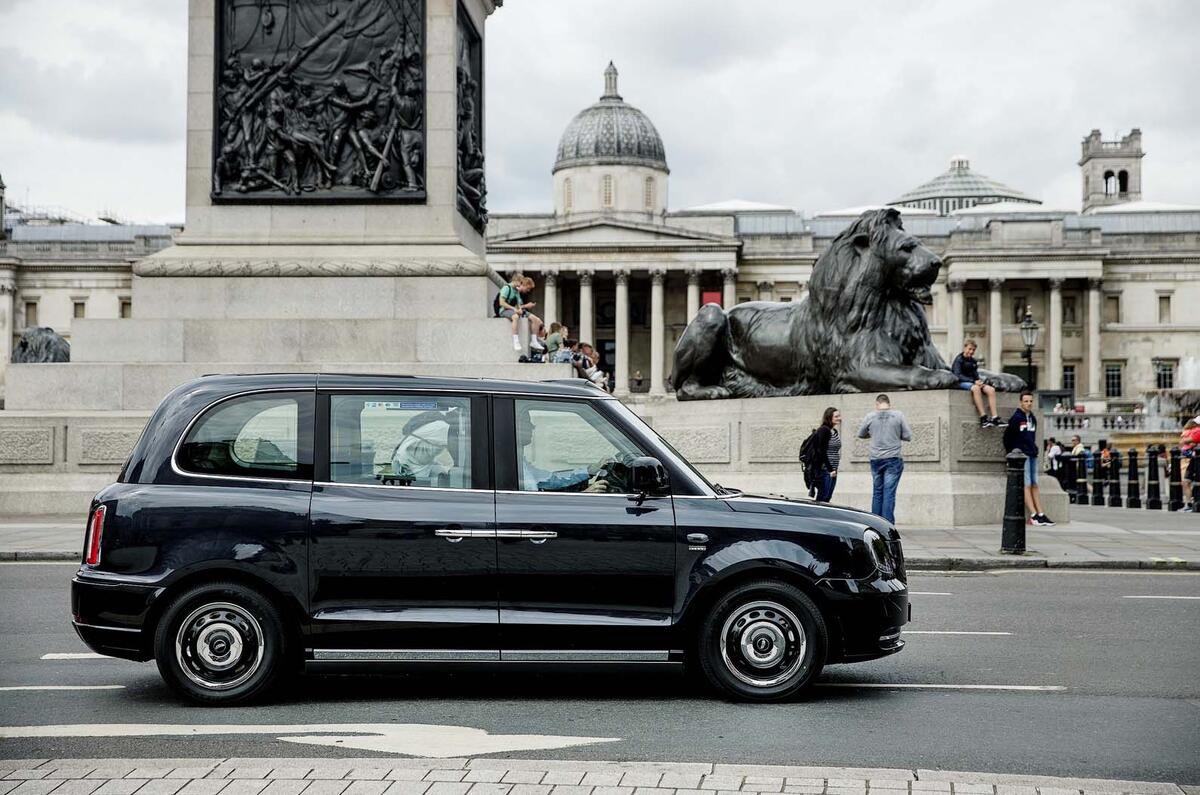


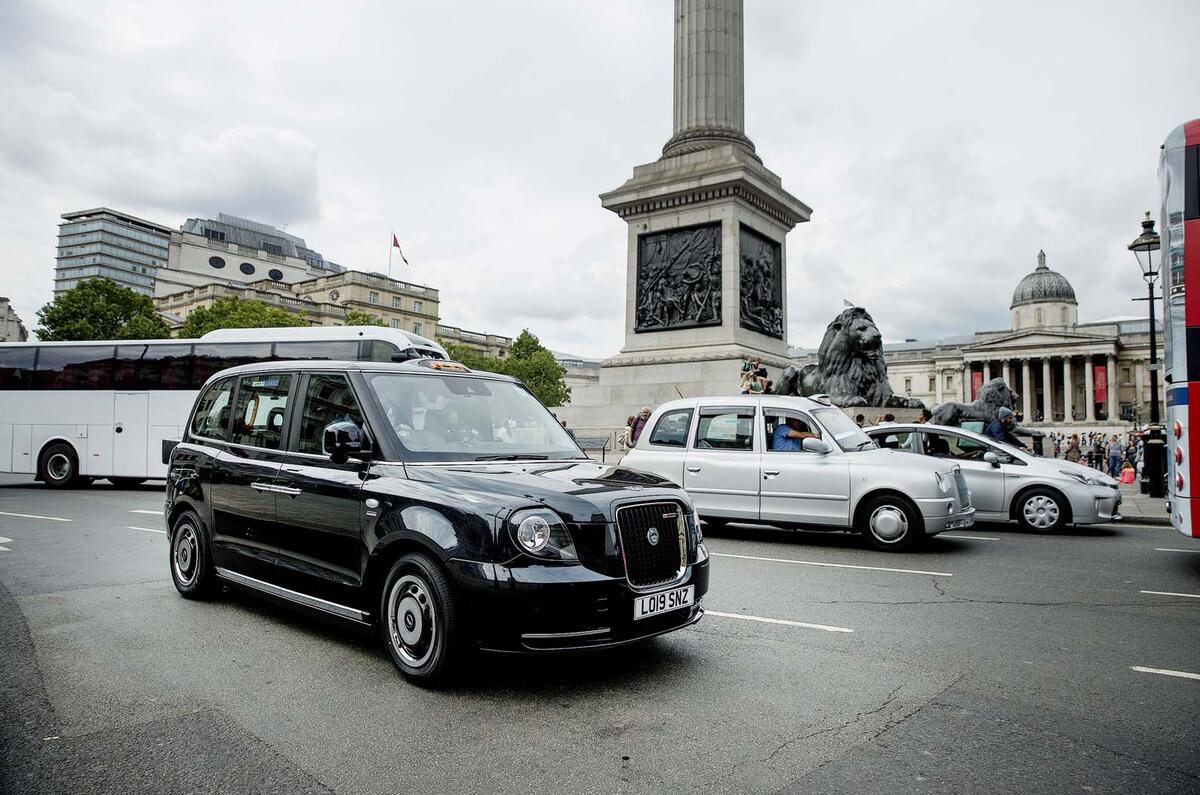
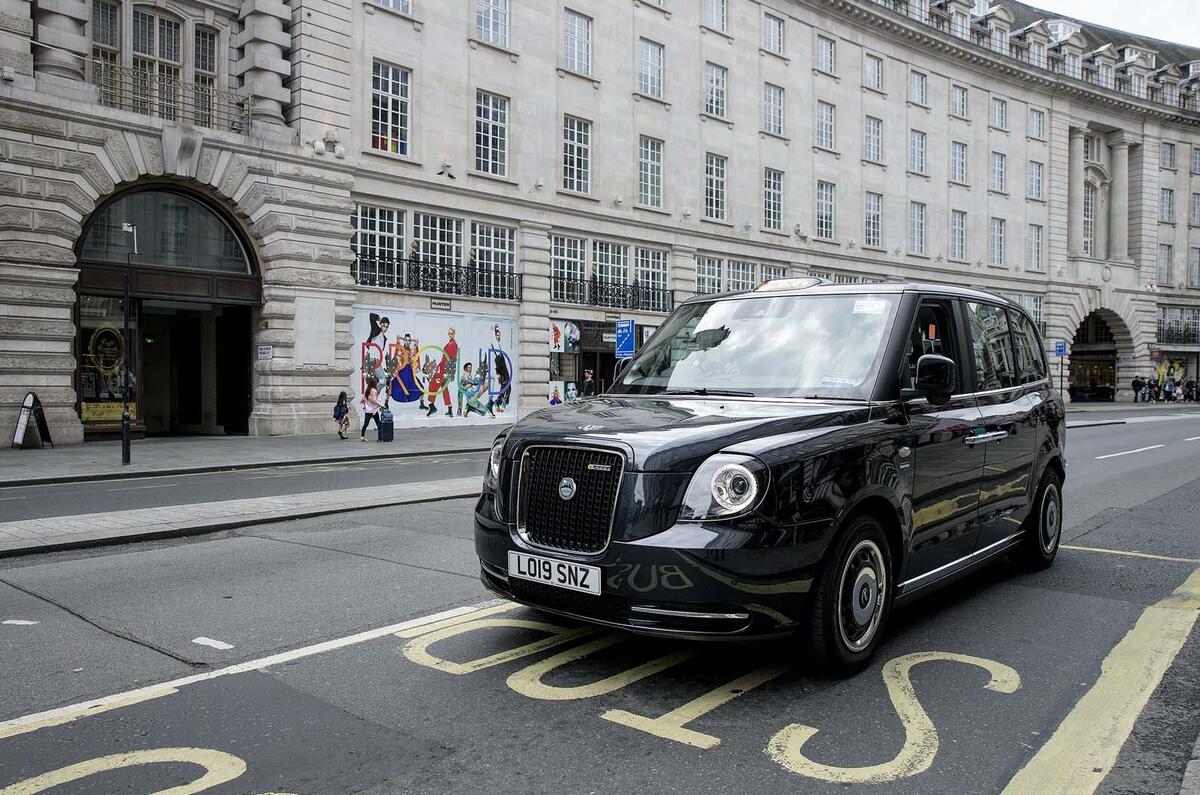
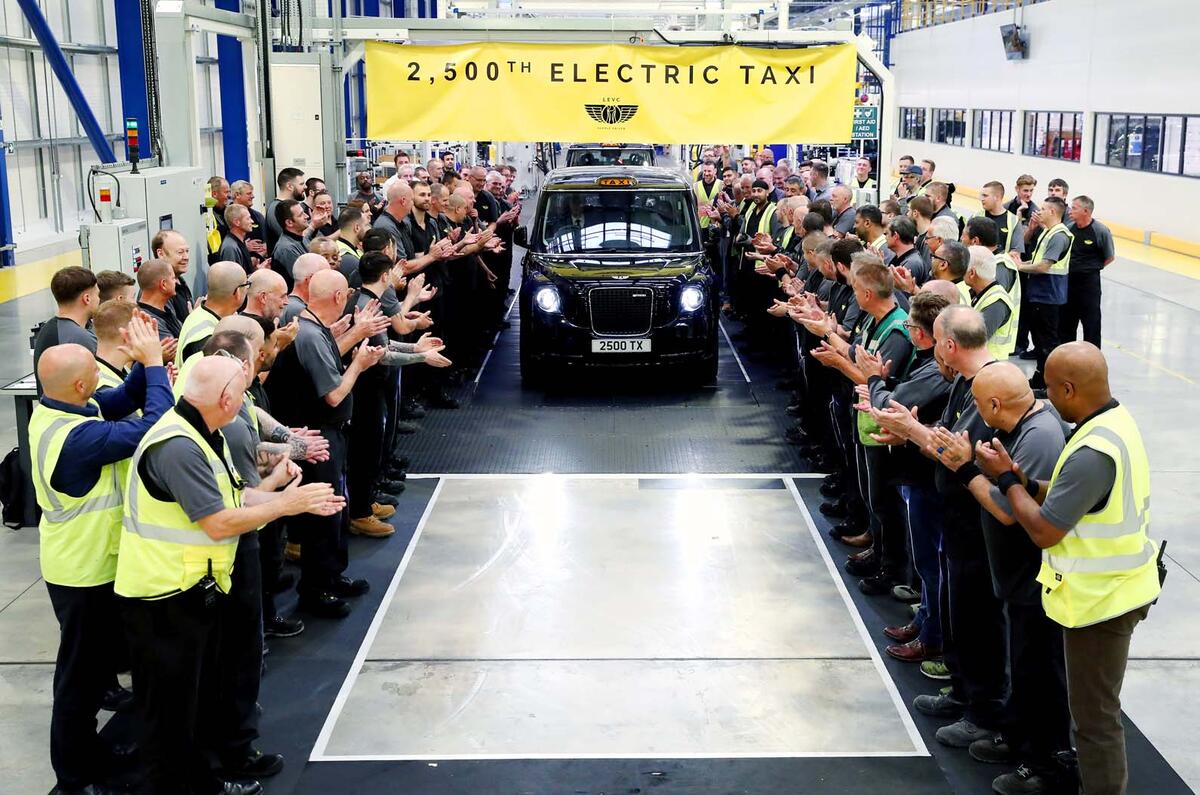


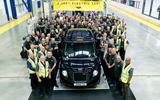






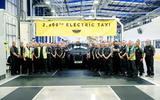







Join the debate
Add your comment
It would be nice to know the
It would be nice to know the actual MPG comparisons between the diesel and the electric taxis. I can’t calculate it from the delta in litres.